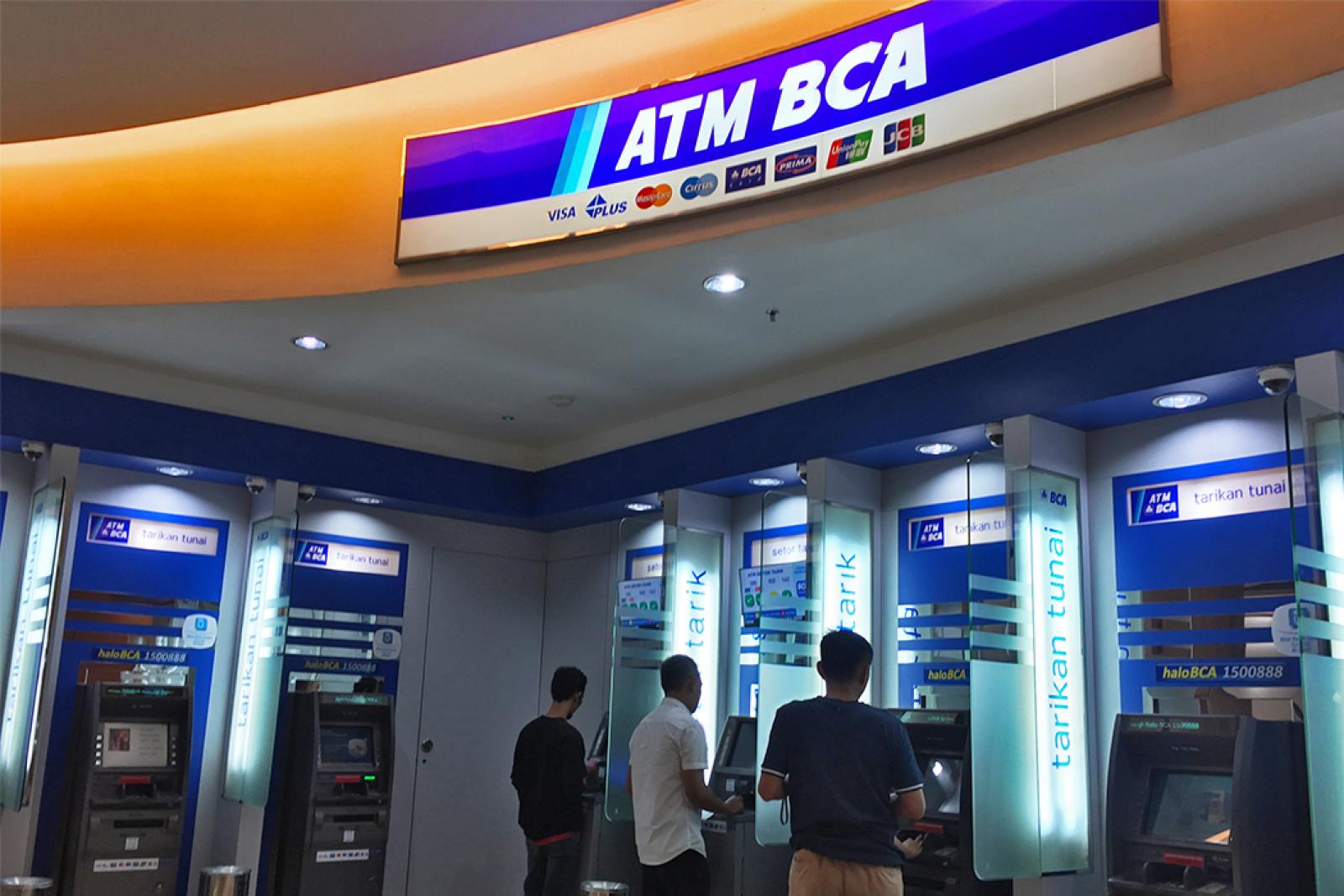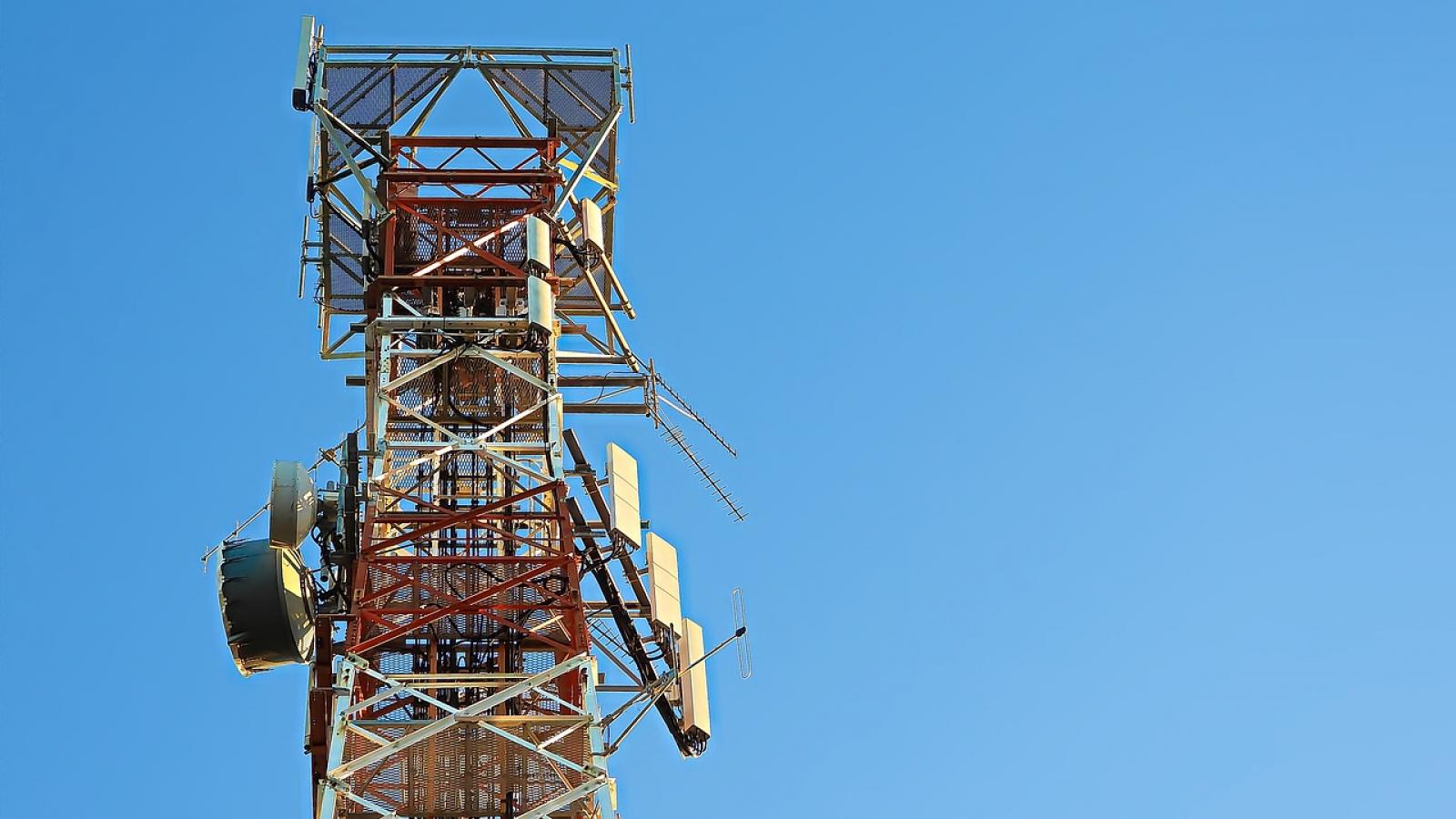The lawmaker said the government would seek to “define general rules that will be developed jointly with the government” and regulatory bodies.
And he added that the Central Bank would have “the opportunity to establish specific rules and procedures” for “the operation of crypto exchanges.”
Aksakov also confirmed reports that Moscow had floated plans to launch crypto exchanges at the nation’s two biggest stock and currency exchanges: The St. Petersburg Currency Exchange (SPCE) and the Moscow Exchange.
The SPCE recently posted a senior crypto-related job opening. But last month it denied it had any plans to launch crypto-related activities. And the Moscow Exchange has followed suit with a similar denial in recent days.
“The Moscow Exchange has no plans to trade cryptocurrency.”
Nikolai Trunichkin, Moscow Exchange’s head of digital projects and products
Moscow, Saint Petersburg Exchanges Distance Themselves from Crypto
Aksakov explained:
“There was a proposal to create at least two crypto exchanges in Russia. One of the platforms would be based in Moscow [according to this proposal]. However, it has not yet been decided whether it will be created [at] the Moscow Exchange or separately. The second one, in Saint Petersburg, would be based at the SPCE.”
However, the lawmaker also mentioned the possibility of launching an exchange that was only part-controlled by the government.
“Analysts do not rule out the possibility of launching a quasi-state exchange in Russia with the direct or indirect participation of the Central Bank and the Ministry of Finance.”
Aksakov
Crypto Sandbox: A Fourth Way?
The lawmaker also spoke of another option, which would see Moscow build a crypto exchange “within the framework of the experimental legal regime.”
This regime is a sandbox that essentially allows Russian companies to use crypto as a payment tool in international trade.
Exclusive: Russia's trade with India is booming and bilateral payments are proceeding smoothly without the glitches that have been hampering trade with other countries, Anatoly Popov, deputy CEO of Russia's largest lender, Sberbank, told @Reuters https://t.co/1fus0tX06O
— Reuters (@Reuters) September 3, 2024
The Central Bank has regulatory sway over this sandbox. The bank also wants to ensure that Russia’s industrial Bitcoin (BTC) miners use this sandbox to trade the coins they mine.
As previously reported, crypto industry leaders in Tatarstan have claimed they are “ready to go” with a planned state-run crypto exchange platform.
“It is obvious that the first parts of the Russian national crypto infrastructure will only be made available to a limited circle of individuals and organizations. I think that [Russian] cryptocurrency exchanges will have to operate in this manner. They will have to do so – if not until [the West eases] sanctions, then until sanctions are relaxed.”
Anton Gorelkin, Deputy Chairman, State Duma Committee on Information Policy and co-author of Russian crypto-related law, on his Telegram channel





